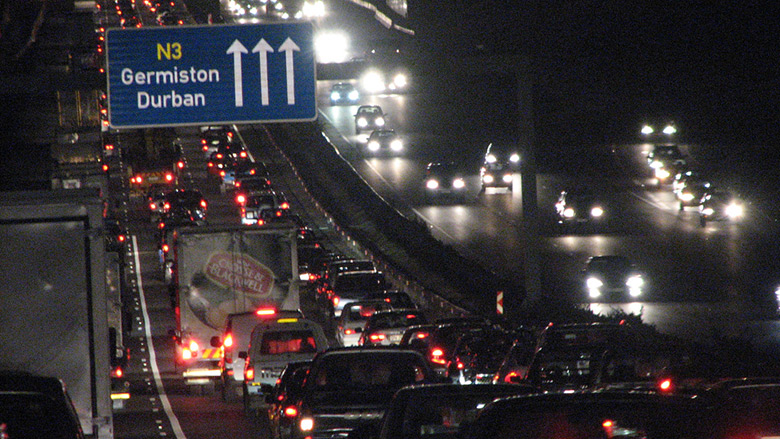DESCRIPTION
South Africa plans to introduce a carbon tax at R120 ($11.20) per tonne of carbon dioxide in 2016, with annual increases of 10% until 2019/20. The tax is envisioned to be a fuel input tax, based on the carbon content of the fuel used, and will cover all stationary direct greenhouse gas emissions from both fuel combustion and nonenergy industrial process emissions, amounting to approximately 80% of total emissions.
The carbon tax and accompanying tax incentives, such as an energy efficiency tax incentive, are expected to provide appropriate price signals to help shift the economy towards a low-carbon and sustainable growth path. A complementary offset scheme is also proposed, with its parameters yet to be finalized. The development of the offset scheme, which is being supported by the Partnership for Market Readiness (PMR), aims to provide flexibility for tax payers and lower their tax liability, as well as incentivize mitigation in sectors not directly covered by the tax.
The government is currently conducting technical analyses of the tax design and an assessment of its potential impact. The design of these interventions is not expected to compromise the competitiveness of the country’s economy, minimizing potential negative impacts on households.
CONTEXT
An increasing number of middle income countries are in the process of introducing carbon pricing and other innovative instruments to reduce the cost of greenhouse gas emissions effectively. While there is a growing number of policy options and instruments that countries can draw from to shift toward a low carbon pathway, tailoring these to each country’s unique circumstances and development priorities is a challenge. Pricing carbon through instruments such as emissions trading and carbon taxes is a cost-effective means to achieving emissions reduction. For this reason, a number of governments are incorporating carbon pricing policies into their mitigation strategies.
An increasing number of middle income countries are in the process of introducing carbon pricing and other innovative instruments to reduce the cost of greenhouse gas emissions effectively. While there is a growing number of policy options and instruments that countries can draw from to shift toward a low carbon pathway, tailoring these to each country’s unique circumstances and development priorities is a challenge.
Pricing carbon through instruments such as emissions trading and carbon taxes is a cost-effective means to achieving emissions reduction. For this reason, a number of governments are incorporating carbon pricing policies into their mitigation strategies.
THE PMR AT WORK:
- Support for Design and Implementation of South Africa’s Carbon Tax
- In March 2015, the PMR Governing Body approved allocation of a $5 million grant to support the design and implementation of South Africa’s carbon tax. This support aims to advance the carbon tax design and implementation. Key elements of its support are:
- Additional policy analysis on carbon tax design, including how to integrate the carbon tax policy with other policies.
- Implementation of the planned system for measuring, reporting and verifying emissions (MRV).
- Design and implementation of the offset mechanism that will allow tax liabilities to be offset by emission reductions achieved in sectors not subject to carbon tax.
